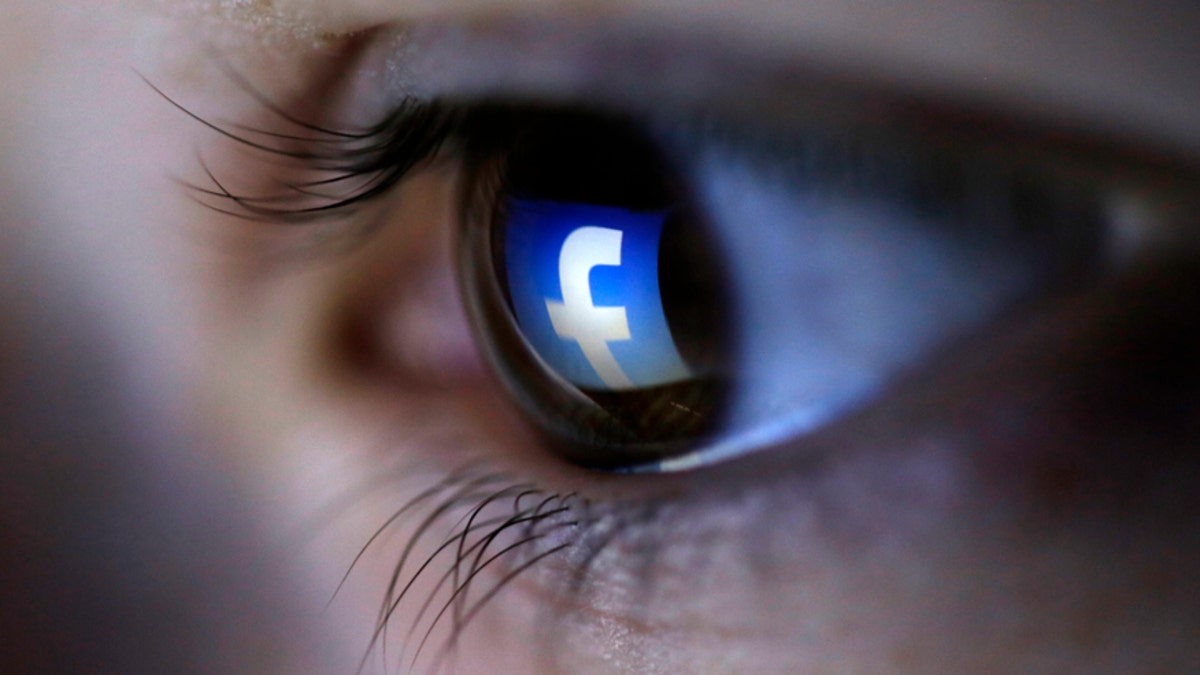
File photo. (REUTERS/Dado Ruvic)
The social network is getting chummy with several big publishers — apparently an effort to grab a cut of the profits from markets and services beyond its bread-and-butter social content. The company has launched its own Groups, Home, and Messenger apps in recent months, and we reported that it wants to make your phone calls as well. Now it seems Facebook is interested in hosting other sites’ content as well.
The goal isn’t to keep users from leaving Facebook to read content on other sites, but rather to speed up load times, particularly on mobile devices. Facebook says that the average load time for a news article on an outside site is eight seconds. Hosting that same content on Facebook would remove or at least shorten load times. The New York Times, BuzzFeed, and National Geographic are among the expected initial partners, as reported by the New York Times (a timely report by The Times on The Times — weird, right?).
This could be a boon for Facebook users, but many publishers are concerned. Facebook says that in hosting content that comes from other sources, those publishers’ ads would have to be removed and possibly replaced with Facebook’s own ads. Giving up control in the hopes of reaching a wider user base isn’t an easy decision. Speaking to The New York Times, chief executive of analytics and distribution company SimpleReach Edward Kim said “it really comes down to how Facebook structures this, and how they can ensure this is a win on both sides.”
Related: Pay your friends to Like you using Facebook Messenger
While it may or may not benefit publishers financially — Facebook hasn’t explained much of how the deal would work in this regard — there is something in the deal for them: exposure on Facebook’s curated news feed. As part of the deal, it seems likely that those publishers would gain favor compared to other publishers.
The Times and Facebook are apparently getting closer to reaching a deal, but other companies are less than thrilled, with some individual employees suggesting that publications band together and negotiate for the industry as a whole.
If this deal does move forward, it remains to be seen how or if publishers will benefit. But there is one clear beneficiary here: Facebook.
